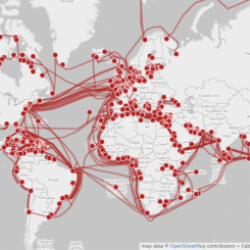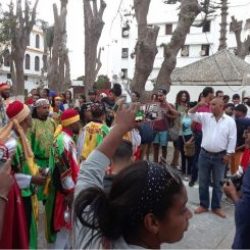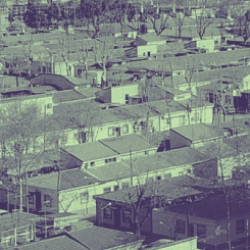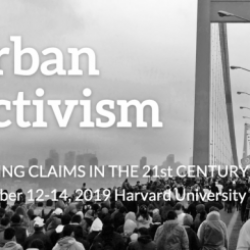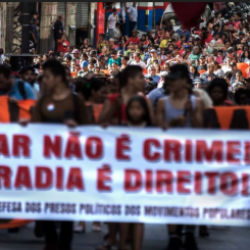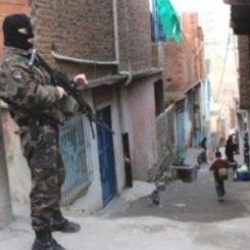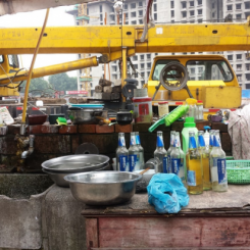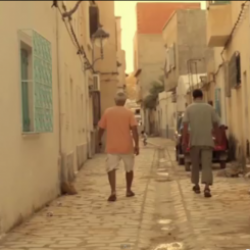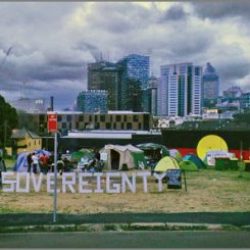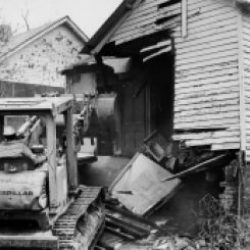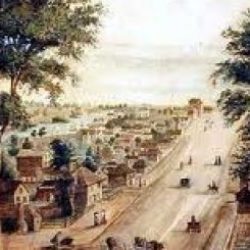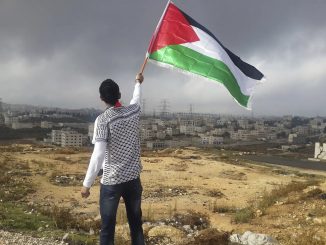
Stop the genocide!
The members of the working group Perifèries Urbanes of the Catalan Institute of Anthropology (ICA) express their deepest solidarity with the Palestinian people, suffering 75 years of illegal colonialism by the state of Israel, and request all Catalan and European academic institution to suspend their collaboration with Israeli universities, until the end of the indiscriminate bombing over Gaza, of the invasion of Palestinian land, of the islamophobic and colonial persecution, of the apartheid regime within the state of Israel, and of the zionist project of ethnic supremacy fed by the extreme right, by the weapon industry, and by global financial capitalism, in violation of human rights, of democratic legitimacy, and of tens of UN resolutions.
Request from the Anthropology department of the University of Barcelona, to suspend academic relations with Israeli institutions: https://x.com/DepAntroUB/status/1724135664508092866?s=20
Declaration of the European Association of Social Anthropology (EASA): https://easaonline.org/outputs/support/gaza1023.shtml
Declaration of the Middle East Section of the (North)American Anthropology Association (AAA): https://mes.americananthro.org/2023/10/20/mes-amea-joint-statement-on-palestine-israel-october-2023/
Declaration of the North American Anthropology Association (AAA): https://americananthro.org/news/aaa-membership-endorses-academic-boycott-resolution/…
